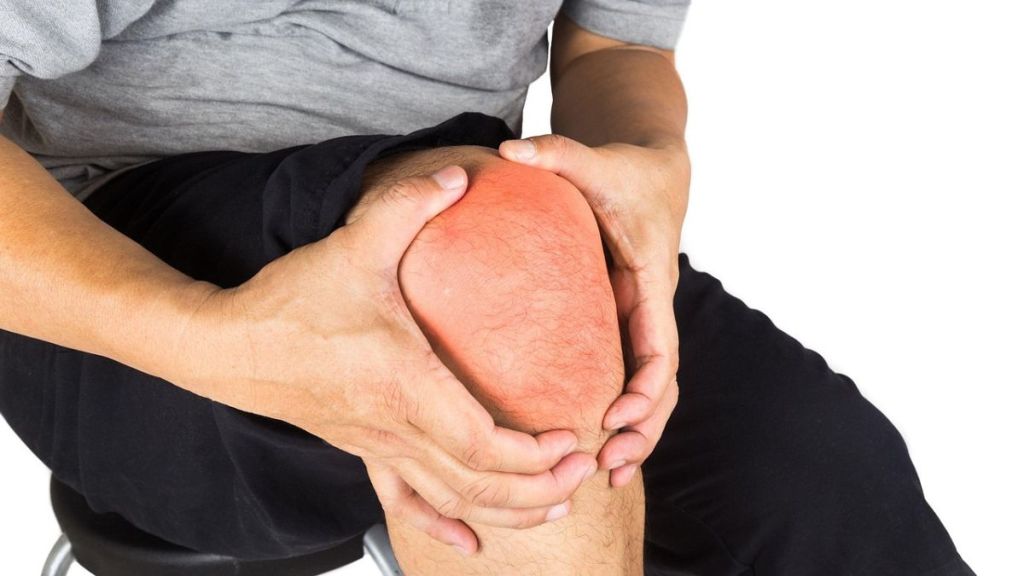Diwali and the pollution season arrive almost simultaneously in Delhi, increasing the risk of respiratory disorders. But the toxic air is also linked to another chronic condition with no cure – rheumatoid arthritis.
Leading rheumatologists at a conference cited evidence that the presence of toxic air and PM2.5 pollution could be leading to a surge in rheumatoid arthritis cases across Delhi-NCR.
A debilitating autoimmune condition, it affects joint and bone health. The exact cause of the disease isn’t known yet, but genetics and environmental factors are known to be major risk factors.
Experts at the 40th annual conference of the Indian Rheumatology Association (IRACON 2025) made this observation. In rheumatoid arthritis, the immune system of the body attacks its own cells, especially joints, which could lead to symptoms like persistent pain, swelling, stiffness, and disability, according to Mayoclinic. No cure is available for the condition, but symptoms can be managed.
How pollution increases arthritis risk
Dr. Arvind Mehra, Senior Director and HOD – Orthopaedics, Paras Health, Gurugram, finds the observation valid and says exposure to air pollutants, especially fine particulate matter like PM2.5 and nitrogen dioxide, can trigger inflammation in the body and alter immune responses.
“In cities like Delhi-NCR, where pollution levels remain persistently high, this continuous exposure may increase the risk of developing inflammatory joint diseases or worsen symptoms in those already affected,” he added.
Dr. Simon Thomas, Senior Director Robotic Joint replacements and Orthopedics at Max Super Speciality hospital, Shalimar Bagh explains that poor air quality can even reduce the effectiveness of arthritis medication and delay recovery after treatment.
“Patients often report heightened pain and swelling during periods of smog or high pollution levels,” he says. “We now advise them to limit outdoor activity when pollution peaks, use air purifiers indoors, and focus on strengthening muscles and maintaining flexibility to counteract the damage.”
Lifestyle changes to prevent arthritis
Inflammation has a major role to play in onset of arthritis. Hence, it’s possible to prevent or delay the disease by adopting anti-inflammatory lifestyle measures.
“Maintaining a balanced diet rich in antioxidants such as leafy greens, berries, nuts, and omega-3 fatty acids, staying physically active through low-impact exercises like swimming or yoga, and ensuring adequate sleep can help control inflammation,” says Dr Mehra.
Managing stress levels is also important as per the expert as chronic stress can heighten inflammation. Additionally, avoiding smoking and excessive alcohol intake can significantly lower the risk of autoimmune joint diseases.
One should also try to avoid pollution exposure as much as possible, especially those residing in polluted cities.
“While completely avoiding pollution exposure may not be possible in urban areas, certain protective measures can help. Wearing N95 masks when outdoors, using air purifiers at home, and limiting outdoor activities during peak pollution hours can reduce inhalation of harmful particles,” says Dr Mehra.
Regular health check-ups and early screening for joint pain or stiffness can help detect arthritis at an early stage, where treatment can slow progression. Maintaining good lung health and keeping other risk factors like smoking or sedentary lifestyle under control also helps in prevention.
“Patients often report heightened pain and swelling during periods of smog or high pollution levels,” Dr Thomas says. “We now advise them to limit outdoor activity when pollution peaks, use air purifiers indoors, and focus on strengthening muscles and maintaining flexibility to counteract the damage.”


